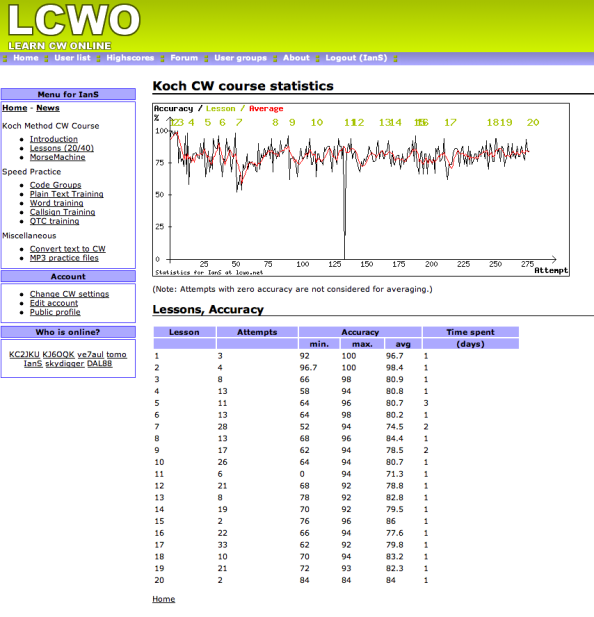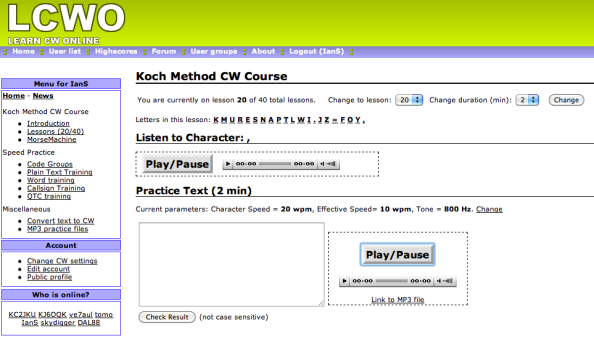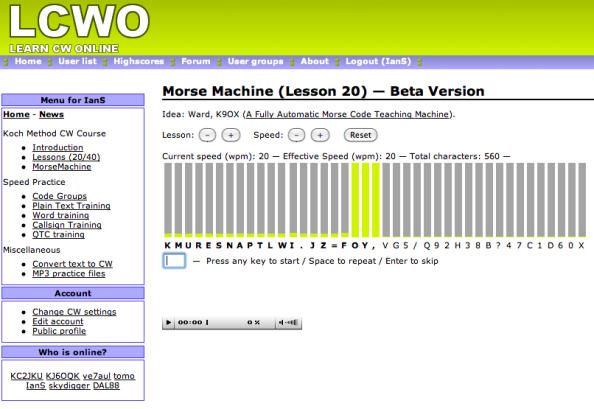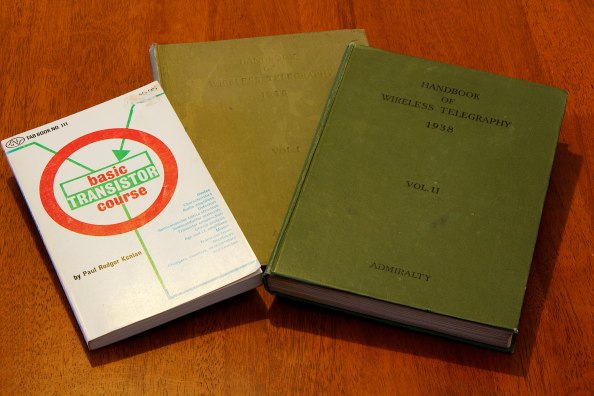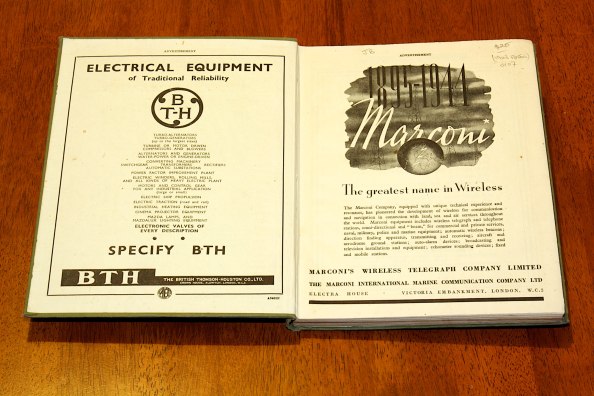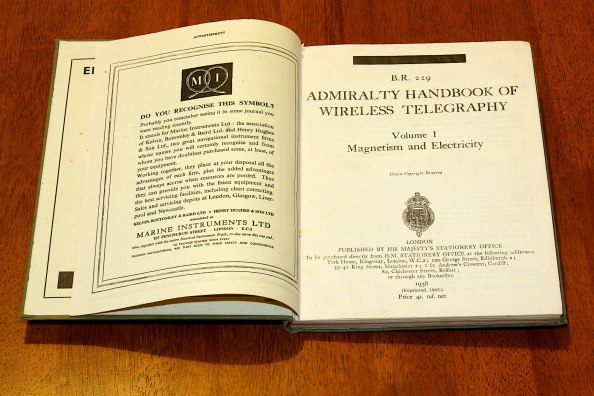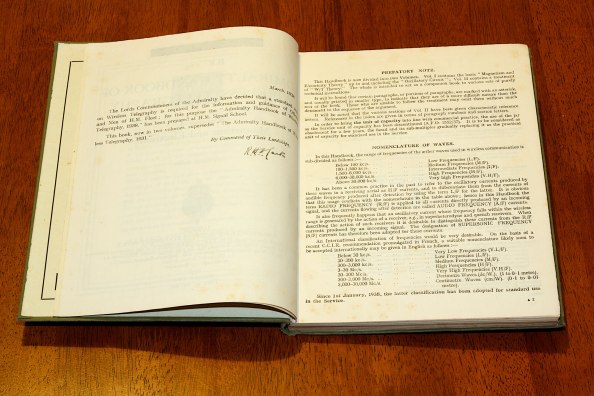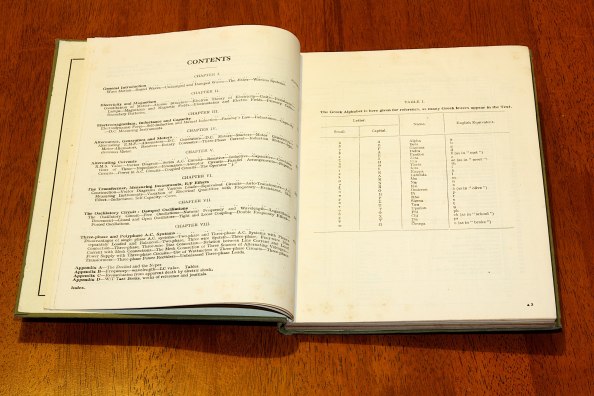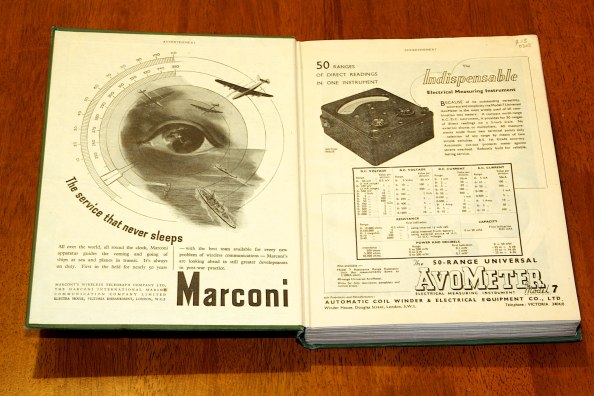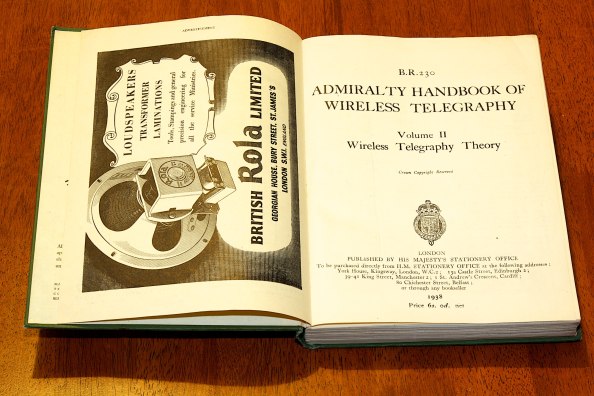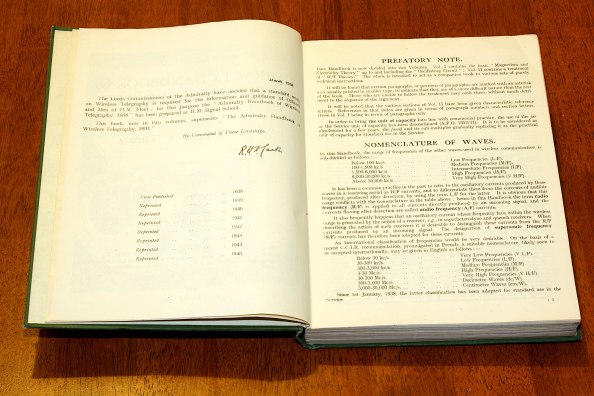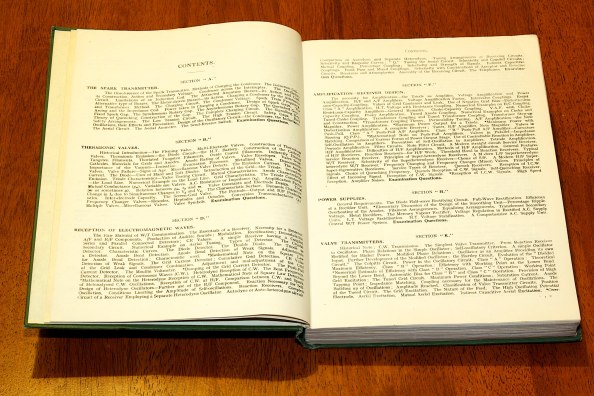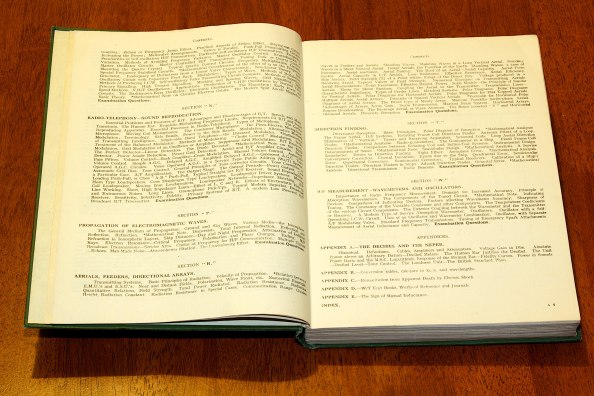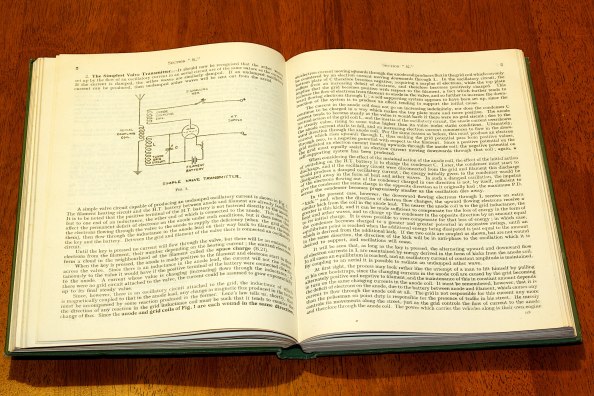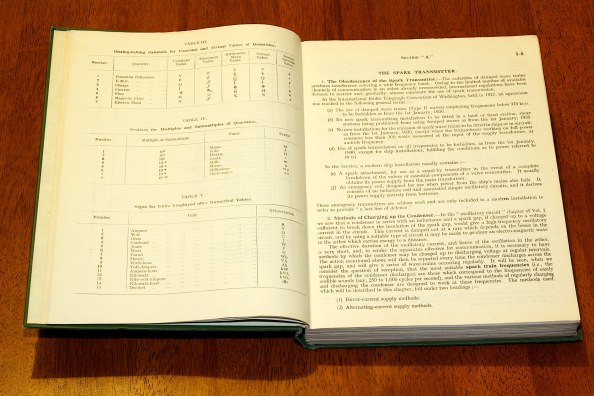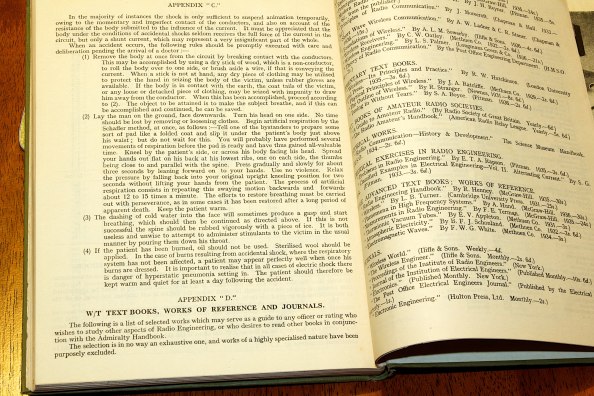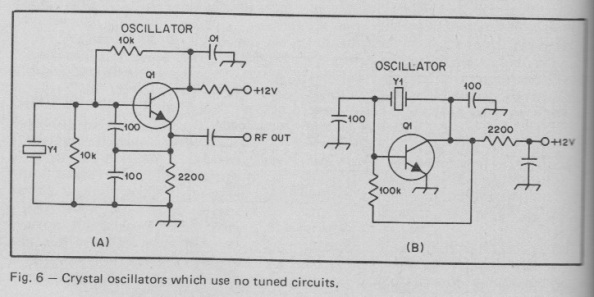I’m very happy with my purchase of Solid State Design which being out of print I was only able to acquire through Amazon’s second hand book service (via a 3rd party vendor). As a result though, I see the idea of second hand books in electronics and radio a very valuable resource as many of the basic building blocks (at my level) are fairly fixed and have been for quite some time. The only large changing area (at the foundation) has been around transistors and even then books covering those topics were definitely available in the 60s which gives us some 50 years (half a century) worth of useful books.
Sure there are new things with ICs such as PICs and opamps that have come in leaps and bounds since then. But for someone like me, looking for the fundamentals, they’ll be required later but not just yet.
Further to this, there are also the older books dealing with radio and electronics from the era of valves that are readily found in second hand book shops. These have great appeal to me as I do like the idea of going back to basics and one day I hope to build some valve equipment. It’s also great to just see simpler ideas and technology that with some simple improvements (mainly here talking about meeting emissions regulations) they’re still as useful as today! But further, the written style is rather different and indeed one that I enjoy and seems to be of a slightly higher quality – this is not necessarily objective, but it feels as though due to the printed word being more highly regarded a higher quality was produced.
With that long prelude in mind, I’ve recently taken a greater interest in second hand bookshops in the way of focusing on the electronics/engineering sections. I’ve found some gems in the past, but not really purchased anything. But this week-end that changed.
I came across three (of about five I purchased) related to electronics that I just couldn’t help myself but purchase. Two were older and radio specific with the third being modern being focused on transistors. 😉
The two older were Volume I and II of the ‘Handbook of Wireless Telegraphy 1938’ published by the ‘Admiralty’. These two volumes used to be published as one, but with the 1938 edition they became two. These were reprinted many times and indeed my Volume I has a reprint date of 1943 and Volume II has a reprint date of 1946.
A couple of things fascinating about these you will see in the pictures are:
1) The old ads – I love them;
2) The reference to the division of the spectrum – it details how it used to be and that a new standard was coming in which indeed is the one we use today (ie. HF at 3Mhz to 30MHz, VHF at 30MHz to 300MHz);
3) The reference to the recent obsolescences of the Spark Transmitter at the ‘International Radio Telegraph Convention of Washington, held 1927’ due to it’s spurious transmissions;
4) The nice simple fundamental circuits of things such as a single valve CW transmitter; and
5) The details of treatment for electrocution (or, what we would call CPR today) in how it has varied (with even just last year the standard taught in Australia is 30 compressions to 2 breaths – compared to when I started it was 4 compressions to 1 breath).
All these fascinating (and useful) nuggets before I’ve even had a chance of a good read.
But the one I am actively reading is the ‘Basic Transistor Course’. This is rather well written in a somewhat light and accessible way, but a way truly resonant with the era in which it was written. Such a useful book, but not something I’ve seen in recent texts – they wish to cover all components at once or indeed focus on the newer more interesting ICs/PICs.
This book was originally printed in 1962 with the version I have being the ninth reprint from 1977. Through it I hope and expect to further strengthen my understanding of the workings and use of transistors. It doesn’t focus on the mathematical methods needed for designing circuits with it, but does cover more depth on the fundamentals than the material I studied for my license upgrades (as that was all I needed).
So enjoy the pictures and maybe the next time you walk past a second hand book shop, stop and stick your head in there. Electronics and Radio is a modern technology, but not as modern as computers so no need to have the latest books. 😉
Note: If you look at the full size version of the images you should be able to read the text if you wish.
